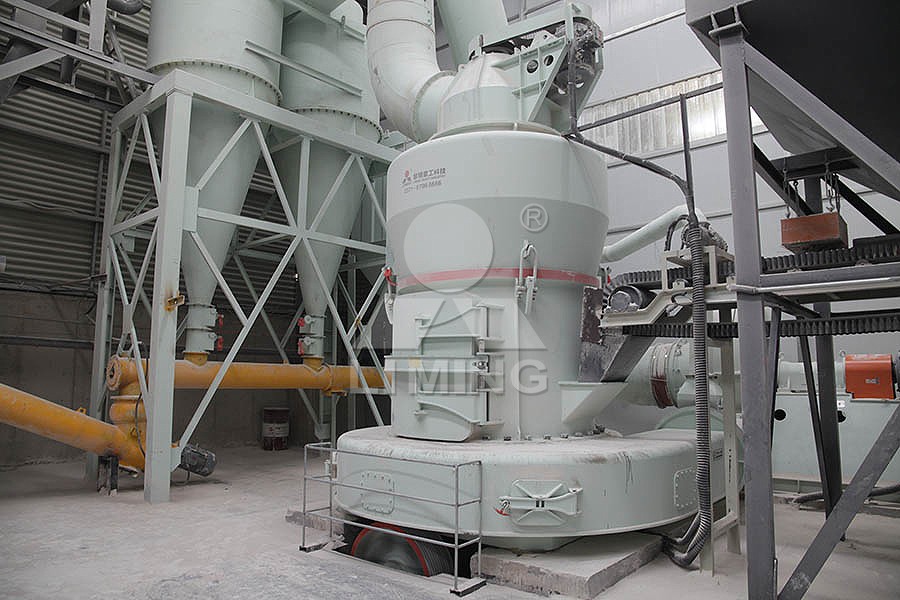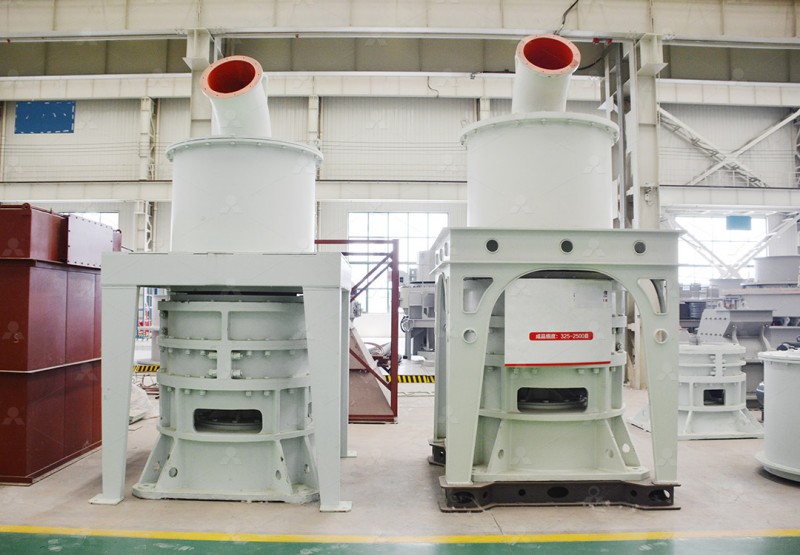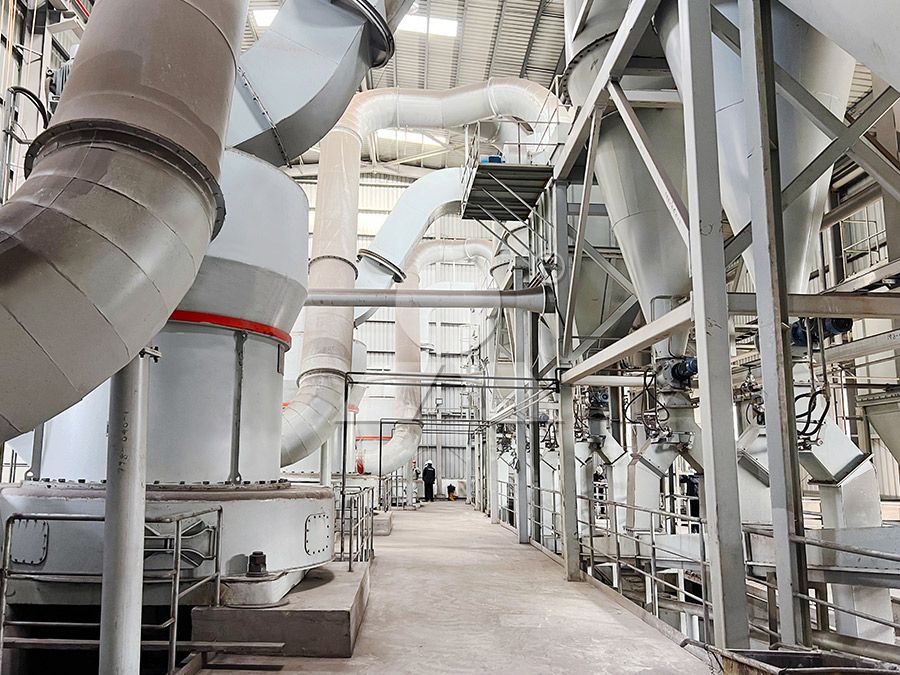Top 10 German Grinder Machine Manufacturers for Industrial Milling
We provide a wide range of mills — including Raymond mill, trapezoidal mill, vertical mill, ultrafine mill, and ball mill, obtained ISO9001 international quality certification, EU CE certification, and Customs Union CU-TR certification. Suitable for processing minerals such as limestone, phosphate, quicklime, kaolin, talc, barite, bentonite, calcium carbonate, dolomite, coal, gypsum, clay, carbon black, slag, cement raw materials, cement clinker, and more.
The discharge range of these mills can be adjusted to meet specific processing needs, typically from 80-400 mesh, 600-3250 mesh, and can achieve the finest particle size of up to 6000 mesh(D50).
If you are looking for a reliable grinding solution to turn stone or minerals into fine powder, please feel free to contact our online customer service.
Navigating the Pinnacle of Precision: A Look at Germany’s Finest in Grinding Technology
When it comes to industrial milling, precision, reliability, and innovation are non-negotiable. German engineering has long been synonymous with these qualities, setting the global standard for machinery across countless sectors. The grinding mill market is no exception, where German manufacturers consistently push the boundaries of efficiency, automation, and environmental sustainability. For operations demanding the ultra-fine powders essential in modern industries like chemicals, pharmaceuticals, and advanced materials, selecting the right equipment is paramount. This listicle explores the top-tier German grinder machine manufacturers renowned for their robust designs and cutting-edge technology.
The Hallmarks of German Milling Excellence
What sets these manufacturers apart isn’t just the metal and motors; it’s a philosophy. It’s the relentless pursuit of Vorsprung durch Technik (advancement through technology). Key characteristics include unparalleled precision in particle size control, exceptional energy efficiency reducing operational costs, robust construction for 24/7 operation, and integrated systems that minimize environmental impact through superior dust collection and noise reduction. These machines are built not just to perform but to endure, with extensive digital monitoring and readily available genuine spare parts ensuring worry-free operation for decades.

Leaders in the Field
While many brands compete, the crème de la crème often includes giants like NETZSCH, renowned for their agitator bead mills for nano-grinding; Schenck Process, with their formidable vibrating mills and dynamic classifiers; and Loesche GmbH, a powerhouse in vertical roller mills for cement and minerals. Other notable names include Hosokawa Alpine, with their extensive range of air classifiers and ball mills, and Gebr. Pfeiffer SE, specializing in vertical mills for grinding, drying, and classifying. These companies don’t just sell machines; they provide comprehensive milling solutions.
A Spotlight on Advanced Ultrafine Solutions
Within this ecosystem of excellence, certain technologies stand out for specific applications. For instance, the pursuit of ultra-fine and nano-sized powders demands specialized equipment. A prime example of this focused innovation is the MW Ultrafine Grinding Mill. This machine is a beast designed for customers who need to make ultra-fine powder without the beastly operational costs. It handles an input size of 0-20 mm with a capacity ranging from a precise 0.5 to a robust 25 tons per hour.
Its genius lies in its details: a German-technology cage-type powder selector that allows adjustable fineness between 325-2500 meshes, achieving a remarkable d97≤5μm in a single pass. It boasts a revolutionary design with no rolling bearings or screws in the grinding chamber, eliminating common failure points and allowing for external lubrication without shutdown. Coupled with an efficient pulse dust collector and muffler, the entire production process is not only highly efficient but also remarkably clean and quiet, adhering strictly to environmental standards. For minerals like limestone, calcite, or dolomite, and critical applications in paint, cosmetics, and food additives, it represents a top-tier choice.

Beyond the Horizontal: The Vertical Advantage
Another significant trend is the shift towards vertical grinding mills for their compact footprint and integrated drying and grinding capabilities. Here, the LUM Ultrafine Vertical Grinding Mill makes its mark. Combining the latest Taiwanese grinding roller technology with German powder separating technology, it’s a masterpiece of integration. It accepts a slightly smaller feed (0-10mm) but delivers a solid 5-18 tph capacity.
Its unique roller shell and lining plate grinding curve promote easier material layer formation, enabling a high rate of finished product in a single pass, which enhances efficiency and improves product whiteness. Features like double position-limiting technology prevent destructive impacts from vibration, and a reversible structure makes maintenance on heavy grinding rollers surprisingly straightforward. It’s a perfect solution for superfine dry powder production of non-metal ores.
Conclusion: Investing in German Precision
Choosing a grinder from a top German manufacturer is an investment in productivity, product quality, and long-term operational stability. While the initial capital outlay might be higher, the ROI delivered through lower energy consumption, reduced maintenance, minimal downtime, and superior final product quality is undeniable. Whether you’re processing minerals for construction or powders for cutting-edge pharmaceuticals, there’s a German-engineered milling solution designed to optimize your process from feed to final product.

